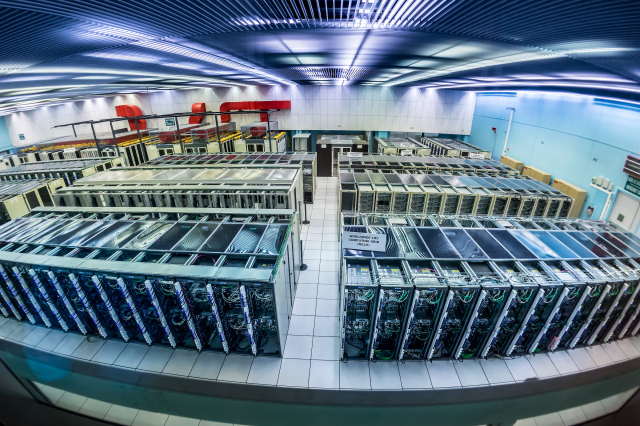 It is called Machine learning and it is an automatic learning technique that is revolutionizing the world with innovative applications in many sectors, from search engines to online commerce, from computer security to industrial processes, to scientific research. The central idea is as powerful as the potential it offers: building algorithms capable of extracting information and notions from a set of data, allowing IT systems that use them to make predictions without having been previously programmed to do so. In short, algorithms that run on the computer and learn from the data (hence Machine learning), and that are able to "find" information hidden in the data (for example a new discovery in physics) with speed and efficiency greater than any human being. The scientific journal Nature publishes a review article that takes stock of the evolution and results of this technique that, born in the last decades of the last century, is nowaday seeing a very strong acceleration, thanks to the new computational skills developed in research and in particle physics in particular "Today the frontiers of research in machine learning are moving very fast, and the potential of these techniques for high energy physics, in terms of approaches and software tools at the service of new discoveries, is immense" comments Daniele Bonacorsi, associate professor at University of Bologna and researcher of the INFN section of Bologna, co-author of the article in Nature.
It is called Machine learning and it is an automatic learning technique that is revolutionizing the world with innovative applications in many sectors, from search engines to online commerce, from computer security to industrial processes, to scientific research. The central idea is as powerful as the potential it offers: building algorithms capable of extracting information and notions from a set of data, allowing IT systems that use them to make predictions without having been previously programmed to do so. In short, algorithms that run on the computer and learn from the data (hence Machine learning), and that are able to "find" information hidden in the data (for example a new discovery in physics) with speed and efficiency greater than any human being. The scientific journal Nature publishes a review article that takes stock of the evolution and results of this technique that, born in the last decades of the last century, is nowaday seeing a very strong acceleration, thanks to the new computational skills developed in research and in particle physics in particular "Today the frontiers of research in machine learning are moving very fast, and the potential of these techniques for high energy physics, in terms of approaches and software tools at the service of new discoveries, is immense" comments Daniele Bonacorsi, associate professor at University of Bologna and researcher of the INFN section of Bologna, co-author of the article in Nature.
From the discovery of the Higgs boson to new applications
Machine Learning played a role in the discovery of the Higgs boson, where the use of these techniques in data analysis led to an increase in experimental sensitivity equivalent to having collected about 50% more data in the Large Hadron Collider (LHC). In other words "the Machine Learning allowed the discovery in advance and with less data. In the face of a possible discovery around 2015-16, this took place in 2012, and earned the Nobel Prize to the theoretical physicists Peter Higgs and Francois Englert already in 2013 "underlines Bonacorsi. But Machine Learning applications do not stop at data analysis. Some LHC experiments use Machine learning in the event selection systems (called "triggers") that come from particle collisions, at the rate of 50 Terabytes per second (as much data in an hour as Facebook collects in a year), to efficiently select very accurate samples of promising events. Particularly interesting are the applications in particle tracking and identification systems - where Deep Learning solutions emerge - even in astroparticle physics experiments. Machine Learning also plays an important role in optimizing the use of computing resources used in Grid centers all over the world, thanks to predictive and adaptive models that represent reference solutions for other sectors, both scientific and industrial.






